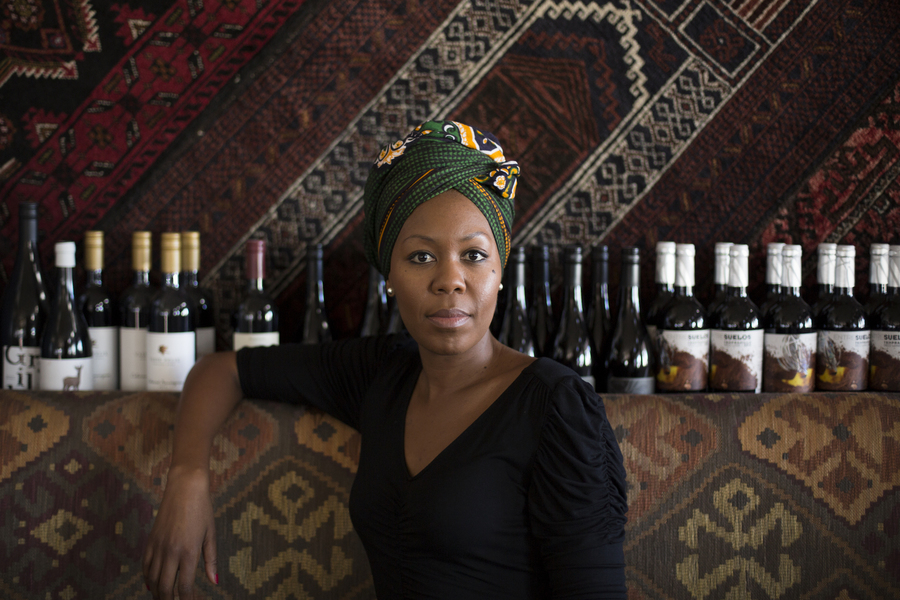Writers' Week preview: Discussing #MeToo
In Rage, Rape and Revolution, panellists will take a look at #MeToo and ask, ‘Has anything really changed?’

Rage, Rape and Revolution is the first of the two Zeitgeist Series panel talks at Adelaide Writers’ Week, to be chaired by Sisonke Msimang. The panellists are writers whose collective written oeuvre targets violence against women. They are Sohaila Abdulali, Soraya Chemaly, Lucia Osborne-Crowley and Dr Clare Wright. They will be asked to discuss how the #MeToo movement has brought sexual gendered violence to the forefront of our cultural conversation.
#MeToo is a feminist movement which was officially created in 2006 by activist Tarana Burke. Burke developed it as a way of reaching out to sexual assault survivors, particularly survivors of colour and survivors from low socio-economic backgrounds. These women could connect with each other via tweets, through using the hashtag #MeToo. The aim of the movement as it was then was to provide these survivors with an easily-accessible support network, information toolkits, advice and assistance.
The movement has mutated somewhat since 2006. In 2017, after The New York Times and The New Yorker published reports alleging that prominent film producer Harvey Weinstein had sexually harassed and assaulted multiple women, actor Alyssa Milano wrote a tweet saying: "If you have been sexually harassed or assaulted, write ‘me too’ as a reply to this tweet." The tweet went viral, and in its wake there was an outpouring of sexual abuse and assault allegations in the media against a number of different influential men.
You could certainly make the argument that, despite all the media furore, not much has changed. How, for example, is the movement faring in achieving its initial goals of educating and supporting people of colour and people from lower socio-economic backgrounds, now that a lot of the most vocal spokespeople for the movement are wealthy and white? Have many of the accused men actually faced consequences for their actions? These are just some of the kinds of questions the panellists might be asked. It will be particularly interesting to hear Soraya Chemaly’s insights on the effectiveness of the movement, given her activism work. She is the director of the Women’s Media Center Speech Project, an organisation which campaigns for women’s rights through a number of different channels, including social media.
Rage, Rape and Revolution will be rewarding for anyone who is interested in the phenomenon of #MeToo and the movement’s potential to revolutionise societal attitudes towards sexual violence against women.
 Floods of Fire with Electric Fields & the ASO
Floods of Fire with Electric Fields & the ASO
 Review: Time Machine
Review: Time Machine
 Review: Antigone in the Amazon
Review: Antigone in the Amazon
 Review: I Hide in Bathrooms
Review: I Hide in Bathrooms